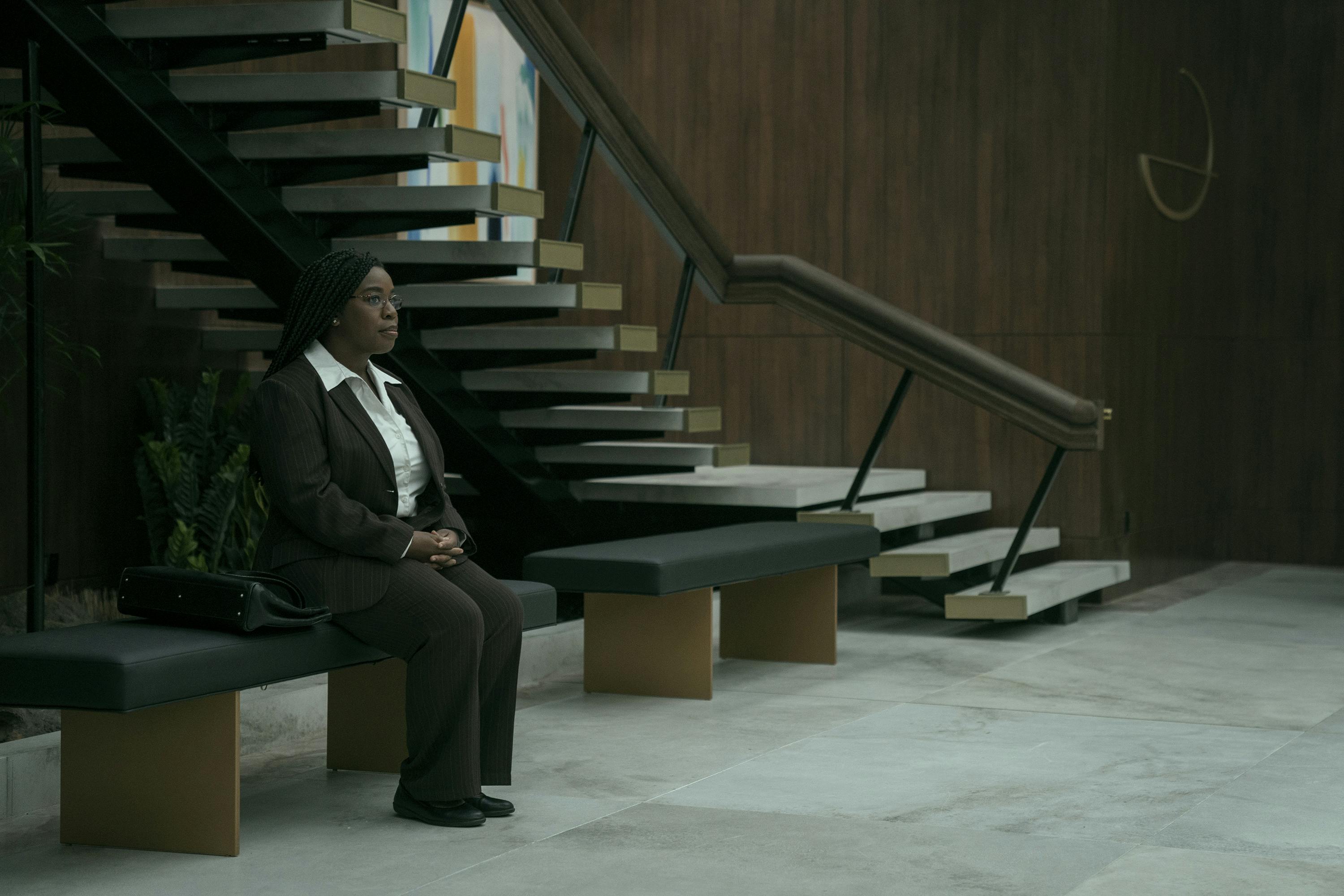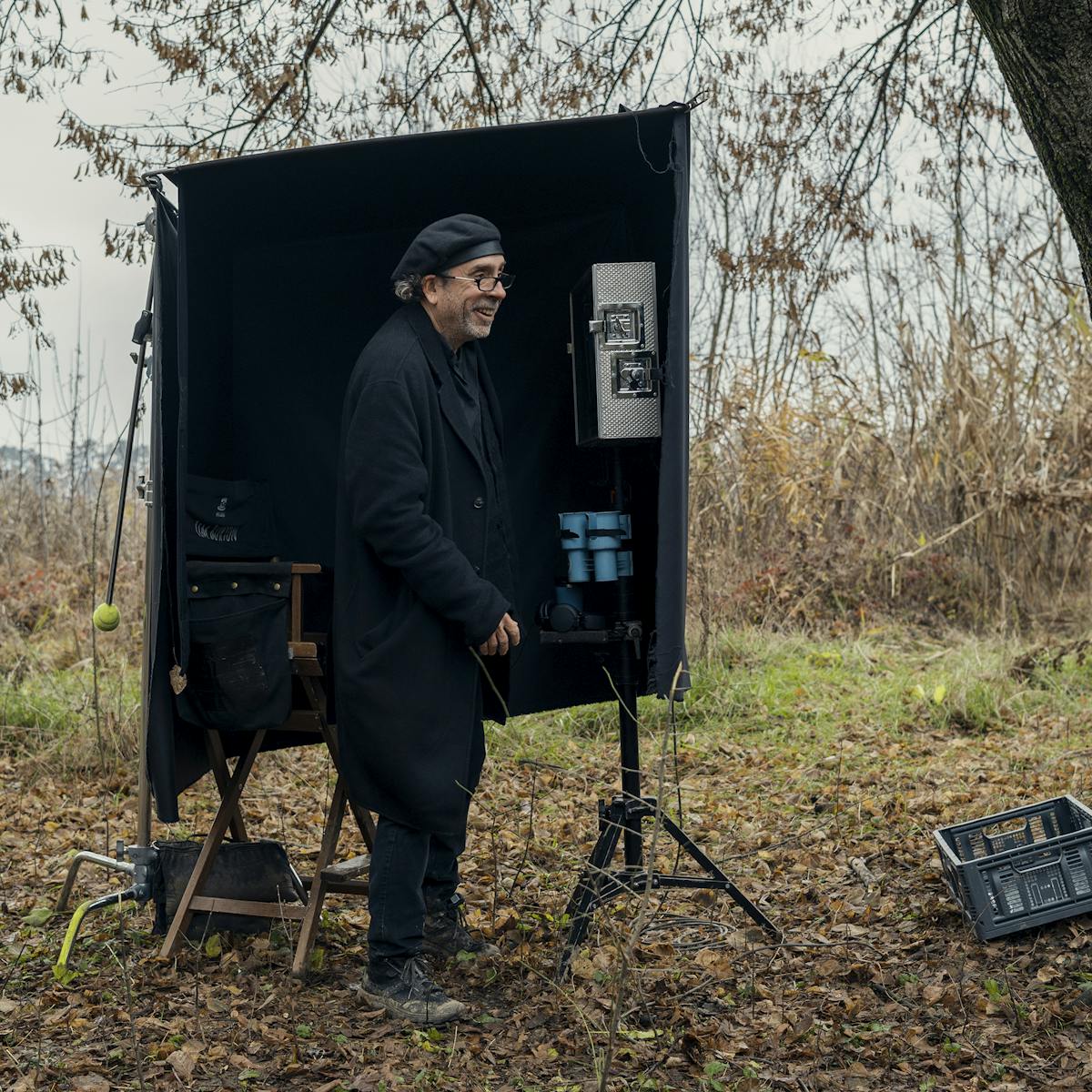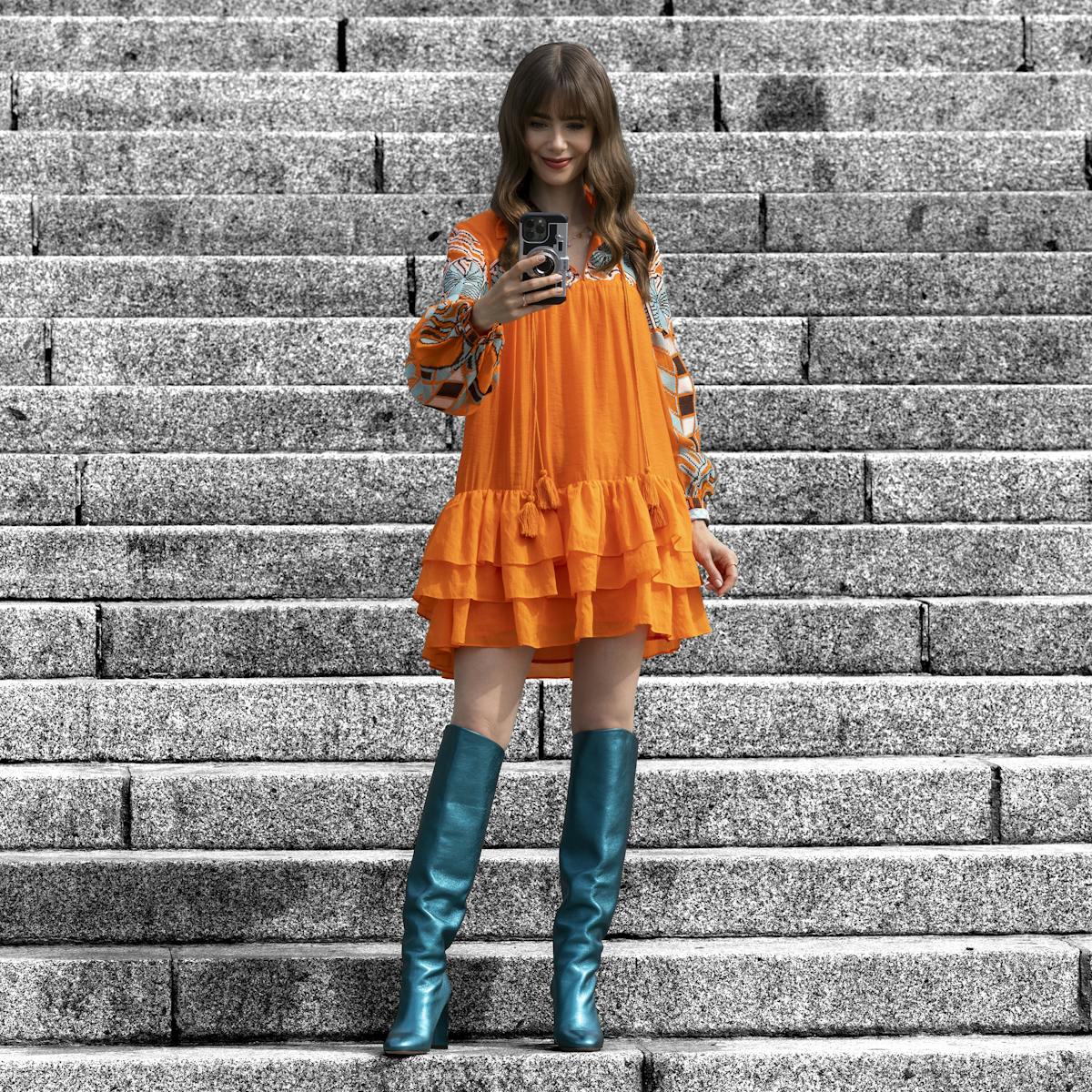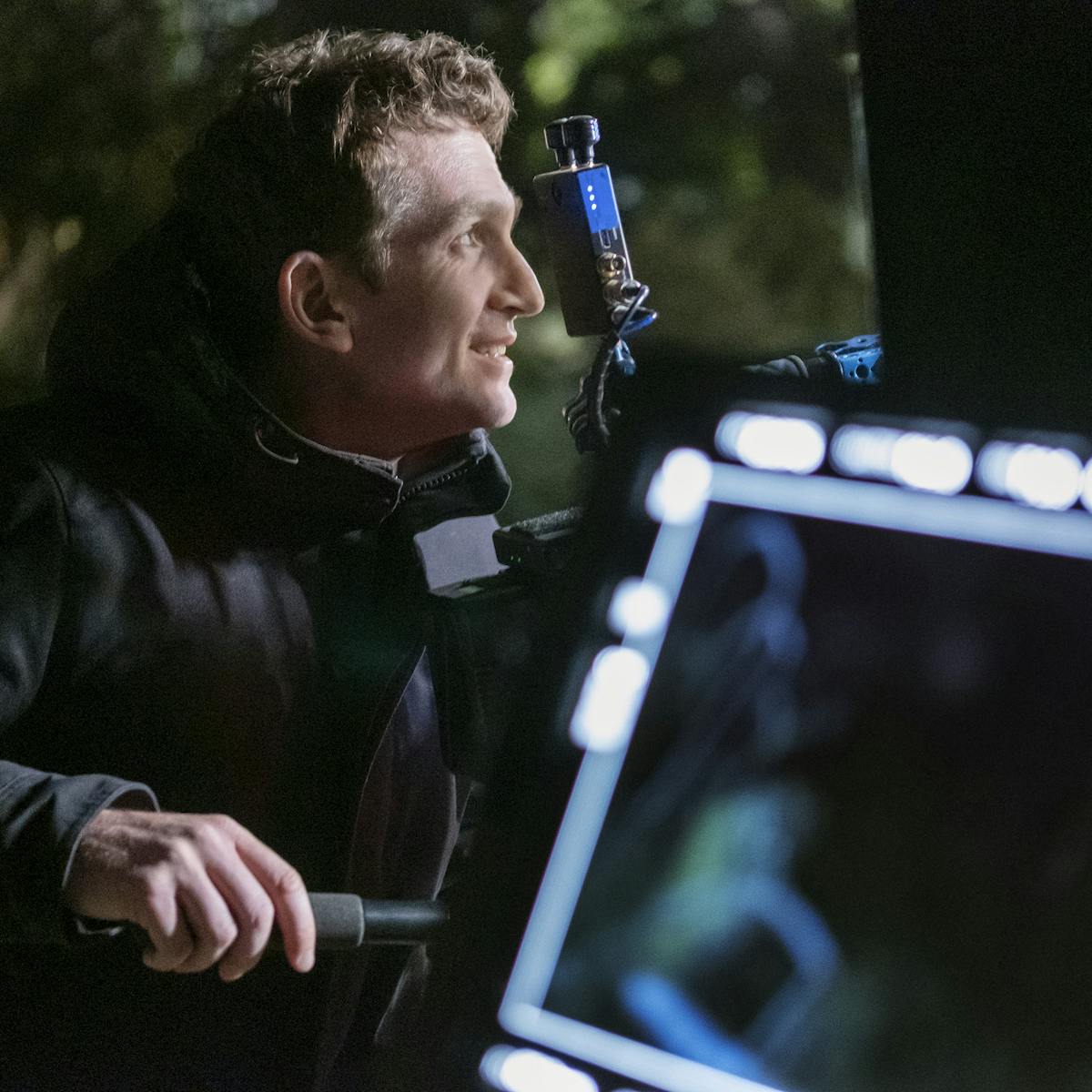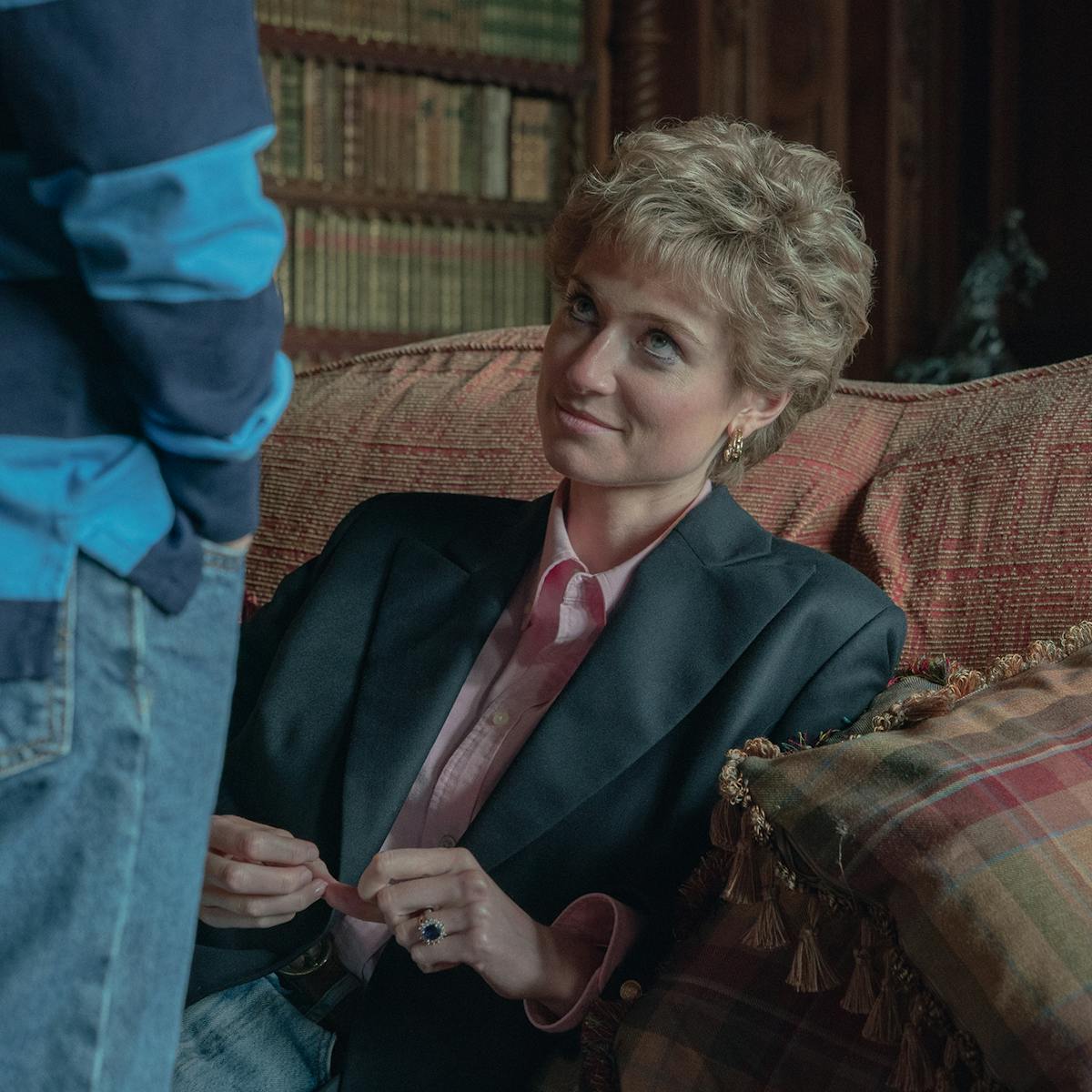Uzo Aduba represents the American people in Painkiller, a series based on Purdue Pharma’s legacy of addiction.
You can never anticipate a life-changing moment. Just ask Uzo Aduba. The Boston University grad had spent years pursuing an acting career and notching significant successes, primarily on stage: She’d made her Broadway debut in 2007 in Coram Boy before going on to appear in a 2011 Broadway revival of Godspell. But weighty film and television roles were elusive, so after auditioning for a two-line part on the series Blue Bloods, she decided to move on.
“I had never quit in my heart before but, this one day, I thought, I’m trying to make something happen that might not be for me,” Aduba says. “It was a Friday — three weeks prior,
I had auditioned for this show called Orange Is the New Black. I was like, ‘On Monday, I’m going to call my agent. I’m telling them I’m out.’ I got home. I’d ordered some sushi. I’d ordered some wine. I called my sister, told her to come over. And 45 minutes later, my phone rang. It was my agent telling me that I had gotten that job.”
Aduba’s unforgettable performance as Suzanne “Crazy Eyes” Warren on the groundbreaking series about people living inside a women’s prison introduced her singular talent to a worldwide audience. Proving once and for all that the acting arena is unquestionably where she’s meant to be, Aduba earned back-to-back Emmy Awards in 2014 and 2015, becoming only the second performer ever to win in the comedy and drama categories for the same role.
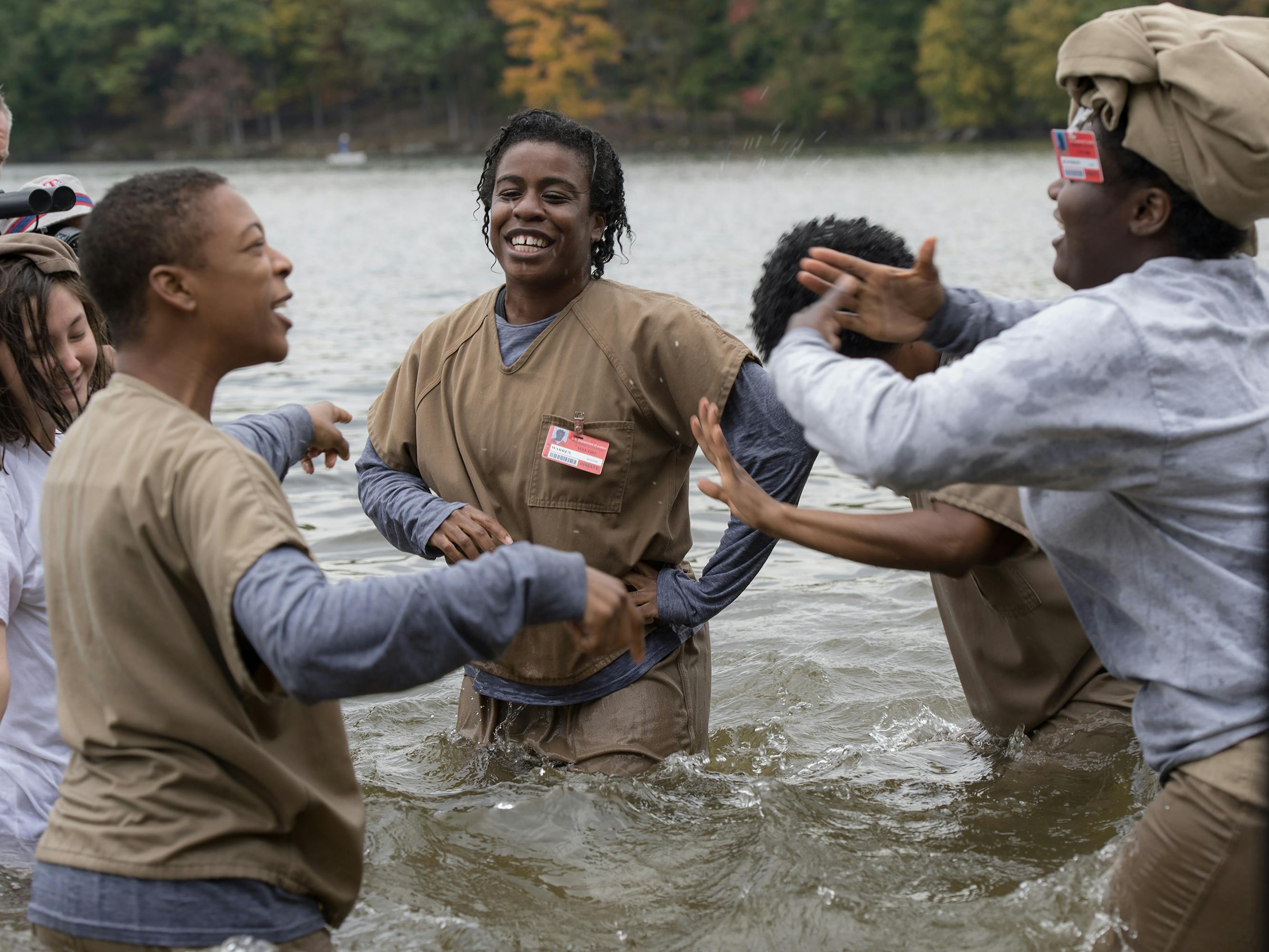
Suzanne “Crazy Eyes” Warren (Uzo Aduba)
Many more accolades have since followed. Aduba returned to the Emmy winner’s circle for her supporting turn as Shirley Chisholm, the first African American woman elected to Congress and the first to seek the presidential nomination, in 2020’s limited series Mrs. America. And she was nominated for her turn as Dr. Brooke Taylor in the drama series In Treatment.
Her latest project, Painkiller, sees her once again playing a compelling and complex woman: Edie Flowers, a lawyer from the U.S. Attorney’s office working to bring down Purdue Pharma, the makers of OxyContin, and its senior executive, Richard Sackler (Matthew Broderick), as the opioid crisis explodes across the country.
Based on Patrick Radden Keefe’s New Yorker article, “The Family That Built an Empire of Pain,” and Barry Meier’s book, Pain Killer: An Empire of Deceit and the Origin of America’s Opioid Epidemic, the six-episode limited series, directed and executive-produced by Peter Berg, shows how the crisis impacts a wide swath of people, though it’s Aduba’s Flowers who serves as the story’s throughline and emotional barometer.
Although Flowers is a fictional character — an amalgam of several real-life lawyers involved in the Sackler case — she’s a powerful force in the narrative. Aduba is excellent as a lawyer who, to her great horror, slowly comes to grips with the devastation unleashed by the drug. “When it came to the character,” Aduba tells Queue, “I understood, Oh, she is meant to serve as the voice of the American people — that is her function in this project.”
An edited version of the conversation follows.
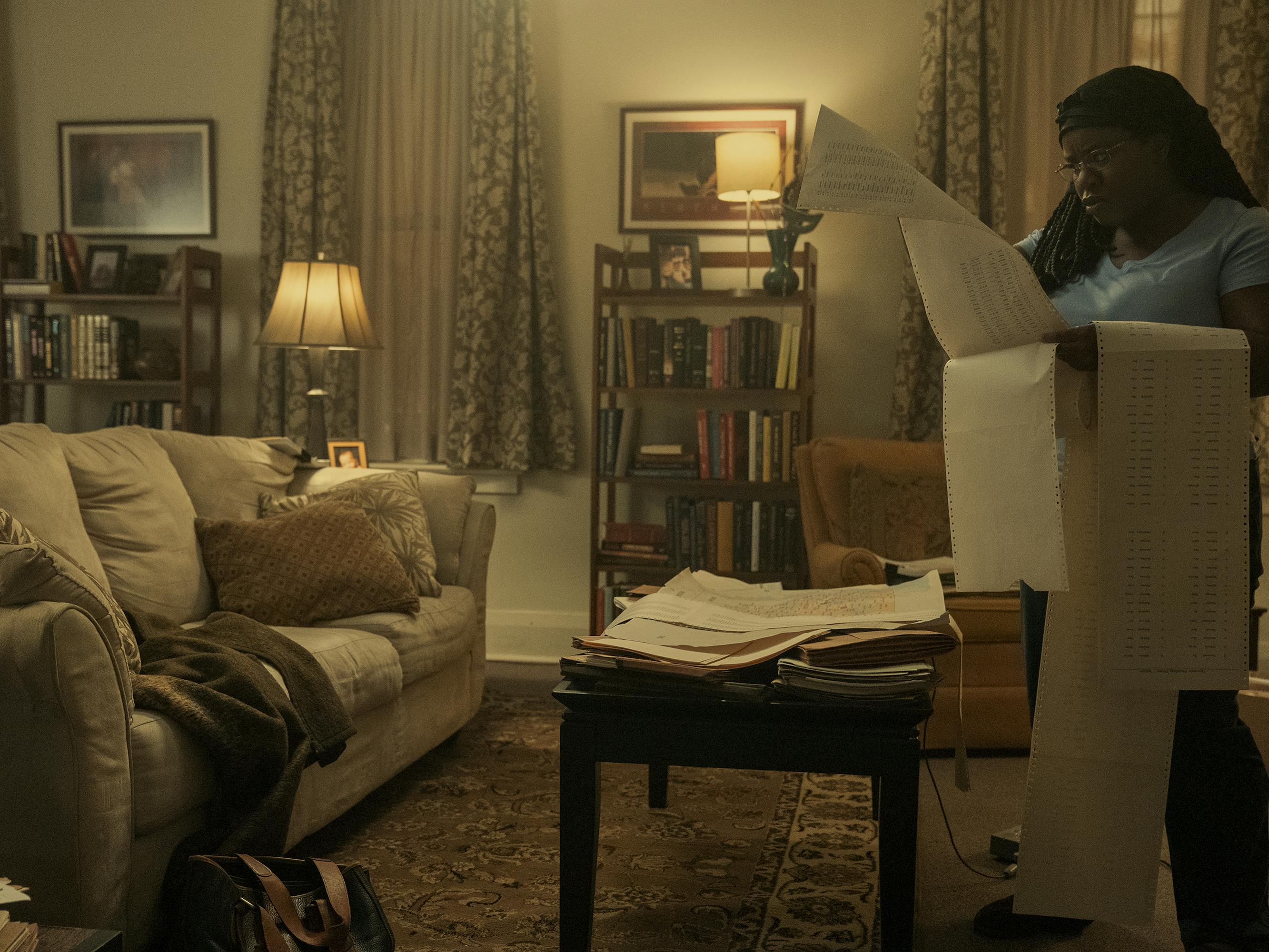
Edie Flowers (Uzo Aduba)
Krista Smith: Painkiller is so impactful, and your performance is just incredible. Why did you want to play this part? What drew you to this character?
Uzo Aduba: I had been visiting with some family, and they were talking about a distant family friend we had known — their child had passed away some years before, and it was never really disclosed what had happened. [I later learned it was as a result of opioid addiction.] I remember being so shocked. I realized how little I knew about the drug. I had heard [it was] highly addictive, but there was no face to it that I knew of until that moment. Suddenly, these scripts I had been reading, the insidiousness of how [addiction] drips into a person’s life, seemed incredibly real.
How did you approach building out this character? Was it solely through the scripts?
UA: In this instance, frankly, there was just so much literature and, at the time, there was a case in the headlines to follow to some degree. Reading the scripts from [Painkiller writers and executive producers] Noah Harpster and Micah Fitzerman-Blue, you could see what it was that they were creating, the world and atmosphere that they were developing. So it became very clear, the path that was necessary to take for this story. This is a character [who comes] from the same place as the American people, with the same blindness, ignorance, lack of knowledge of the wave, this tsunami, that is about to land on our shores. She really is us.
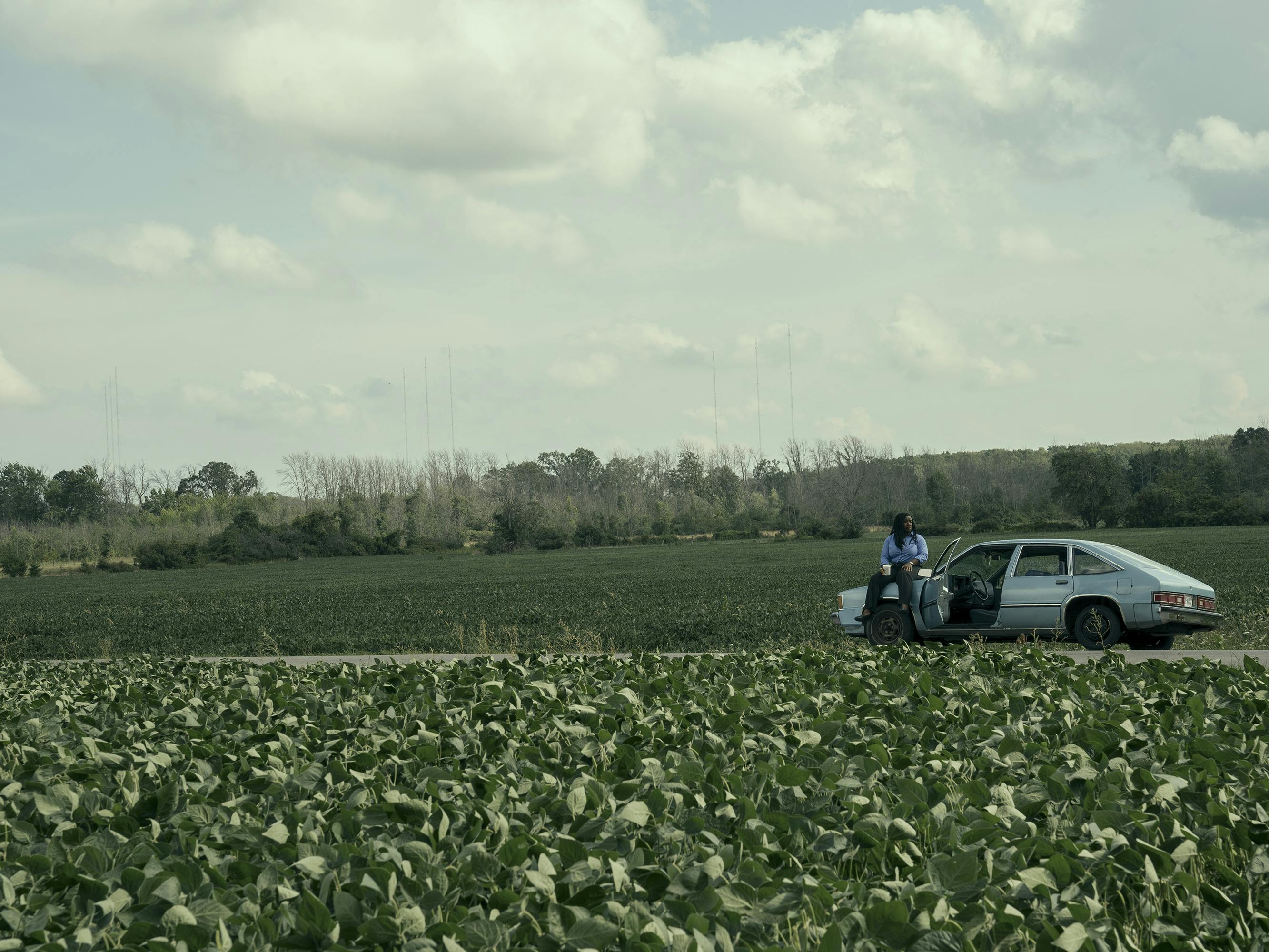
Edie Flowers (Uzo Aduba)
Her journey brings her into Richard Sackler’s orbit — he’s played by Matthew Broderick. How was the experience of working with Matthew?
UA: It would’ve been too easy to put this super sinister, dark, looming figure that we all know as a performer into that space but instead you have somebody who’s really likable. Who doesn’t love Matthew Broderick? I fell in love with him even more than I had before. As somebody who’s been a long-standing fan of Matthew’s, from both the incredible body of work he has on the stage — being a theater kid myself — but also onscreen, it’s just delicious to be able to work with somebody so seasoned.
Your career track record is incredible. With Orange Is the New Black, I think about all the relationships that must have been formed there. So rarely are there that many women on the set.
UA: One hundred percent. That show had such a massive presence of strong women. I had never, even in the theater, worked with that many female directors. I remember walking past video village, where the behind-the-scenes creatives watch us shoot the show, and one day seeing all but one of the chairs filled with women. I remember thinking, Wow, that’s possible. There are other spaces for me as a woman to inhabit. It was such an incredible experience, that show. We were interested in and invested in each other’s stories. I’m just so proud that there were so many people around the world who wanted to hear those stories.
All interviews included in this piece were completed prior to July 14, 2023.
